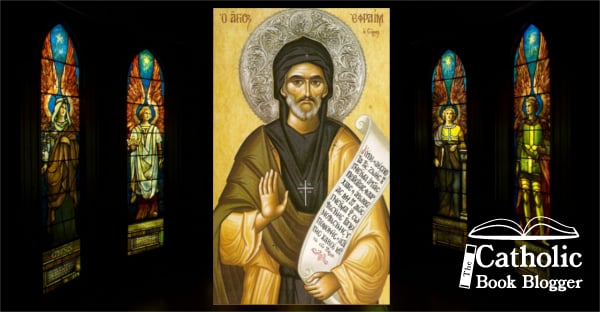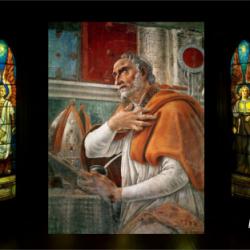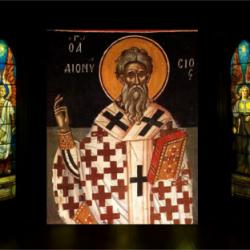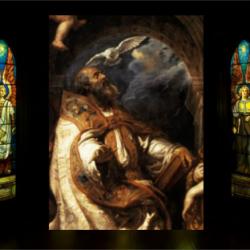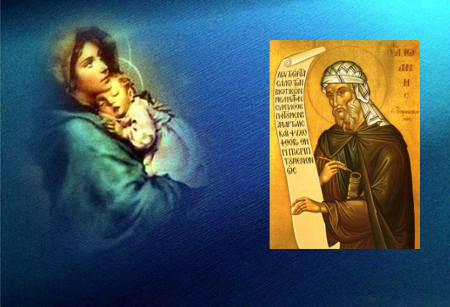 Mary’s death was the cause of rejoicing
Mary’s death was the cause of rejoicing
St. John of Damascus ponders the reasons for the joy surrounding Mary’s death.
O wonder surpassing nature! Death, once feared and hated, has here become an occasion of praise and blessing. In days of old it was the forerunner of grief, dejection, tears, and sadness. But now it shines forth as the cause of joy and rejoicing. The death of God’s servants is celebrated, because we conclude from their holy end that they have his good pleasure. So we assume that their death is blessed, that they are perfect, blessed, and immoveable in goodness, as the proverb says: “Call no one blessed before his death” (see Sir 11:28).
But we do not apply this proverb to you, Mary. Death was not your bless- edness, nor was dying your way to perfection; nor, again, did your departure from here make you secure in salvation. For it is your Son, in his conception and his divine dwelling within you, who has made our sure and true security. So your words were true: From the moment of your Son’s conception, not from the moment of your death, all generations would call you blessed. It was you who broke the force of death, paying its penalty, and filling it with grace.
For this reason, when your holy and sinless body was taken to the tomb, the choirs of angels carried it and were all around, leaving nothing undone for the honor of our Lord’s mother. Meanwhile, the Apostles carried your body, the true Ark of the Lord God on their shoulders, just as the priests had done with the Ark of the Old Covenant, crossing the River Jordan. They placed your body in the tomb, making the tomb another Jordan, the way to the true land of the gospel, the heavenly Jerusalem, the mother of all the faithful, with God himself as its Lord and architect. But your pure and spotless body was not left in the earth. The abode of the queen, of God’s true mother, was prepared in the heavenly kingdom alone.
—St. John of Damascus, First Homily on the Dormition
IN GOD’S PRESENCE, CONSIDER . . .
Why can the death of a Christian be a time of joyful hope? Why must we nevertheless avoid presumption about the spiritual state of someone who has died? Why do we pray for the faithful departed?
CLOSING PRAYER
Eternal rest grant to our loved ones, O Lord, and may perpetual light shine upon them. May their souls, and the souls of all the faithful departed, through the mercy of God, rest in peace.
__________________________________________________________________________
Remember to subscribe to my feed so you will not miss a day! This recurring feature at The Catholic Blogger is possible through the cooperation of author Paul Thigpen and publisher Saint Benedict Press. To get your own copy of this book, click below.



